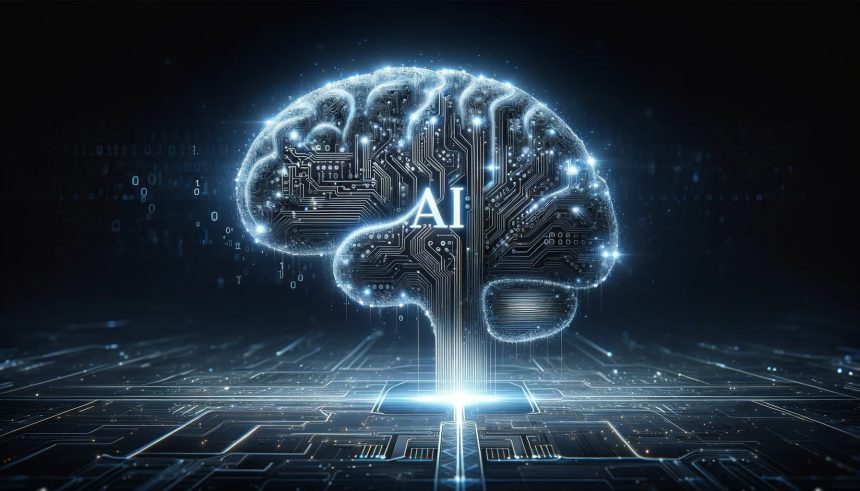The integration of artificial intelligence with blockchain technology is reshaping the technological landscape. Companies like Space and Time (SXT) and Chromia are at the forefront, developing decentralized AI ecosystems that promise enhanced security and transparency. This synergy aims to address the challenges of centralized AI development, fostering innovation across various industries.
Earlier reports primarily focused on AI’s economic growth and its applications in sectors like healthcare and finance. However, recent developments highlight a shift towards decentralization, emphasizing the role of blockchain in ensuring data integrity and reducing biases in AI systems.
How Are Companies Decentralizing AI Development?
Space and Time has created a verifiable database that bridges different domains, enabling AI agents to perform transactions with increased data integrity. Their platform provides transparent and secure tools, allowing end-users to validate AI-driven actions effectively.
What Innovations Are Chromia Introducing in the AI Sector?
“Our relational blockchain is specifically designed to support AI applications, performing hundreds of read-write operations per transaction and indexing data in real-time. We’re not just building a blockchain; we’re creating the infrastructure for the next generation of AI development,”
said Yeou Jie Goh, Head of Business Development at Chromia. The company’s SQL-based blockchain simplifies the deployment of AI applications, making it accessible for data scientists and machine learning engineers.
What Are the Future Implications of Decentralized AI?
Nate Holiday, CEO of Space and Time, anticipates a significant rise in blockchain-based transactions related to AI agents, expecting growth from 3% to 30% of the market. This shift is expected to enhance the accountability and ethical standards of AI systems, aligning them more closely with human values.
The collaboration between AI and blockchain technologies is setting the stage for more secure and transparent systems. By leveraging the strengths of both fields, Space and Time and Chromia aim to create robust infrastructures that support sustainable technological advancements. This approach not only mitigates the risks associated with centralized AI but also promotes a more equitable digital ecosystem.










